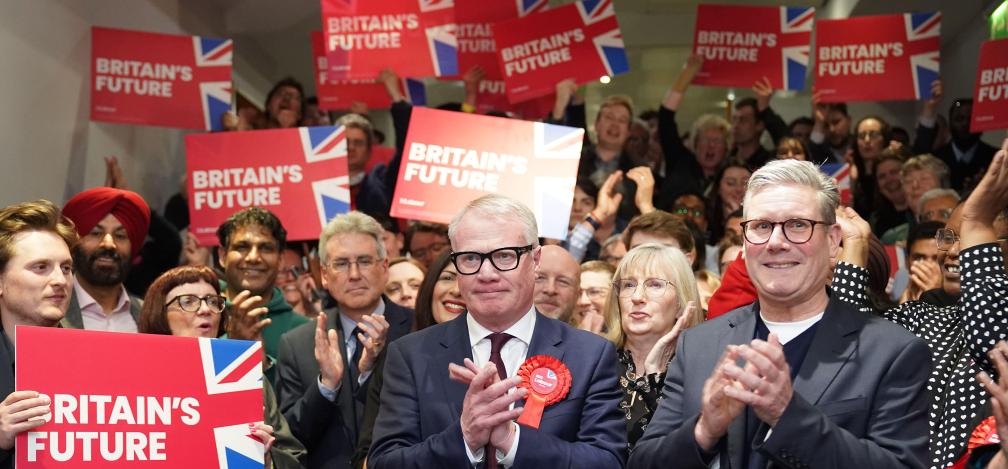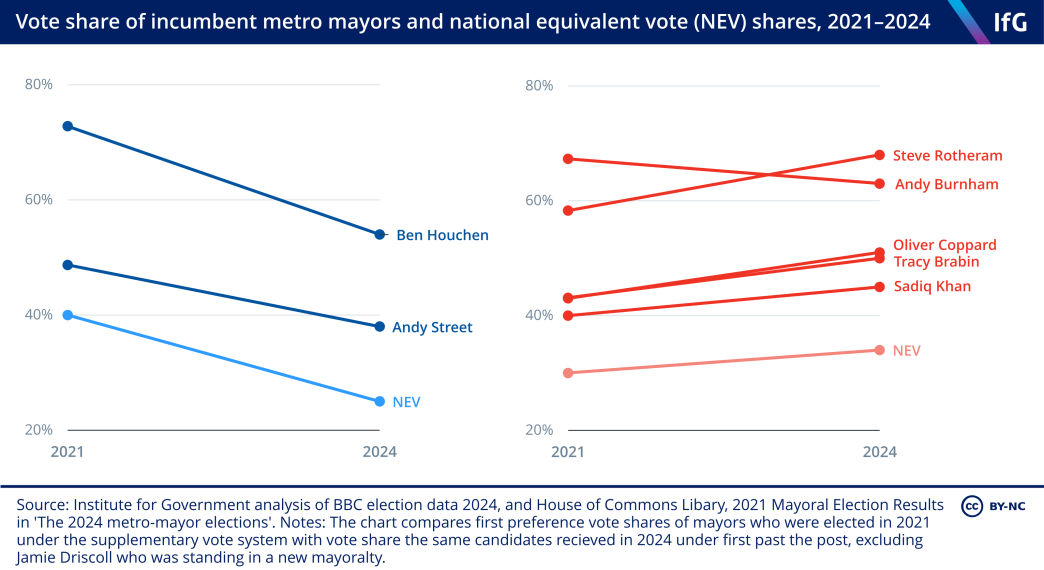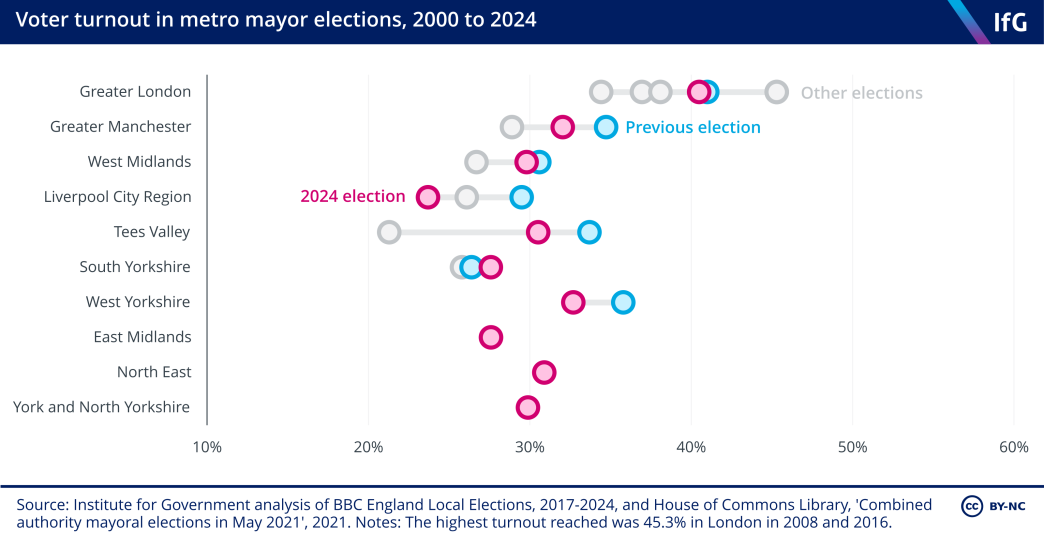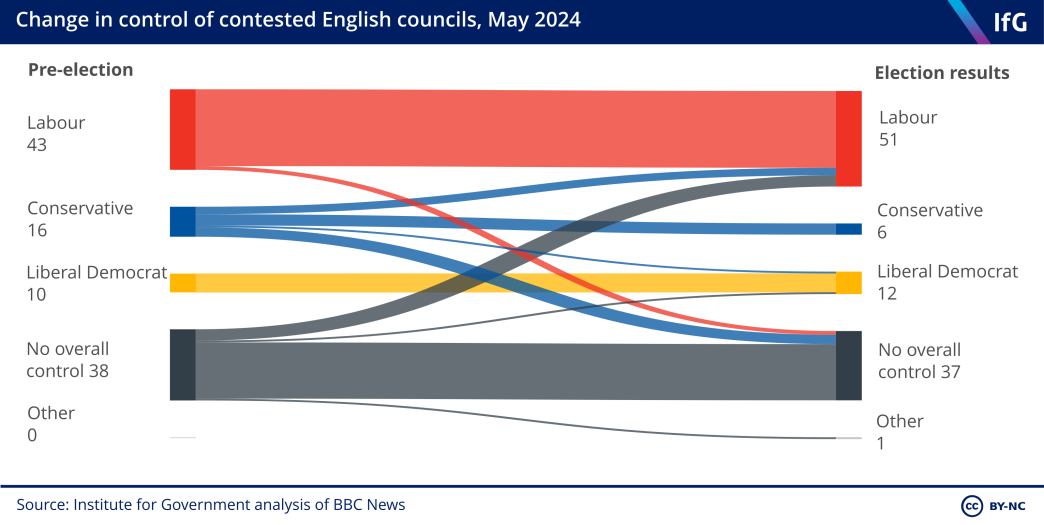Six things we learned from the May 2024 local and mayoral elections
IfG experts analyse the results of the local and mayoral elections.
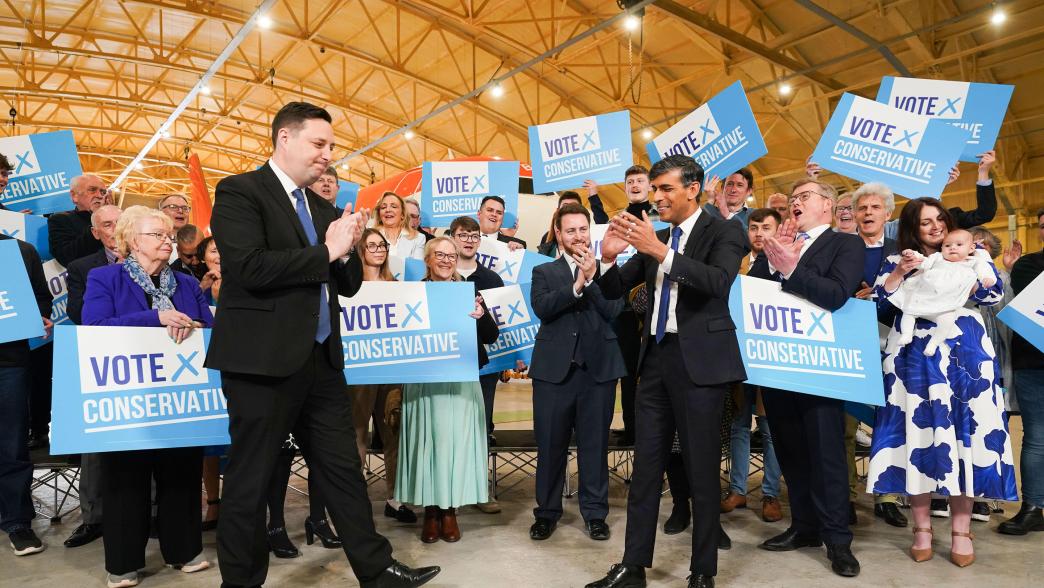
A new deal for England: How the next government should complete the job of English devolution
The next government must extend devolution to 85% of England to deliver meaningful and balanced economic growth.
Read our report
What do the 2024 local elections really tell us about UK politics?
Local Government Chronicle's Sarah Calkin joins Anand Menon and Paul Johnson on The Expert Factor podcast to make sense of a significant set of local and mayoral elections.
Listen to the episode